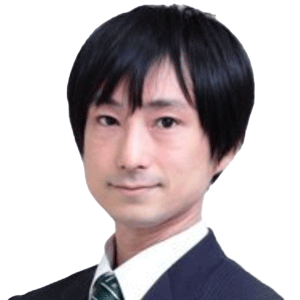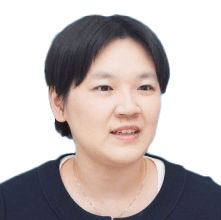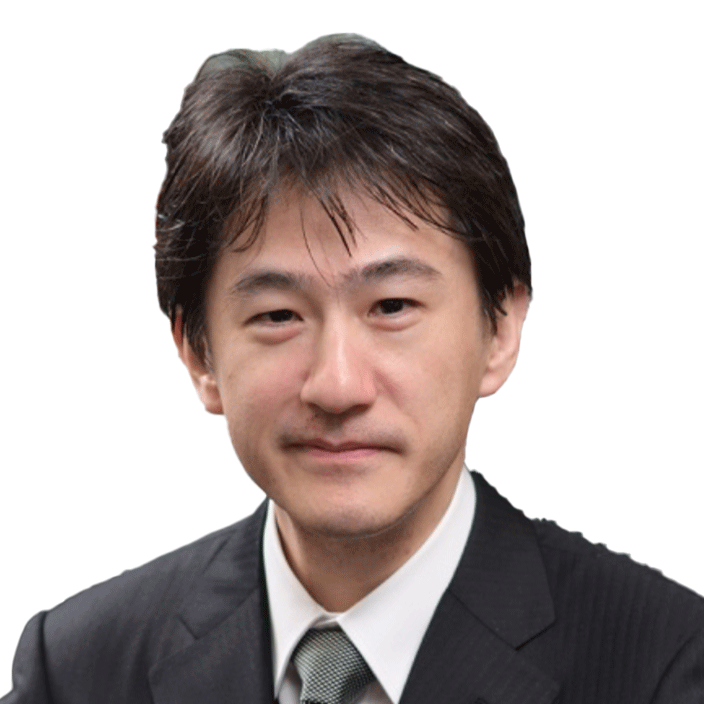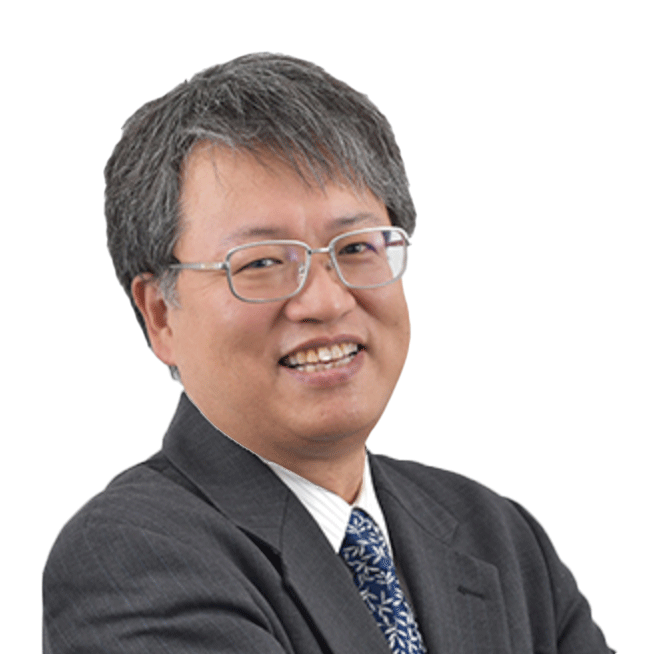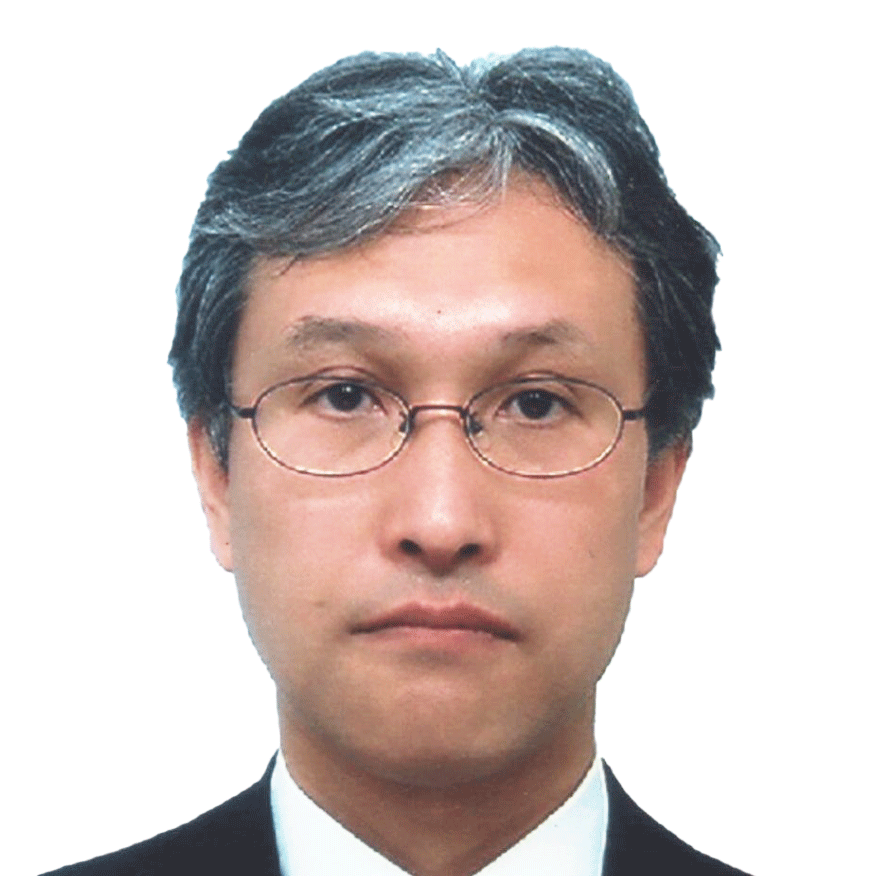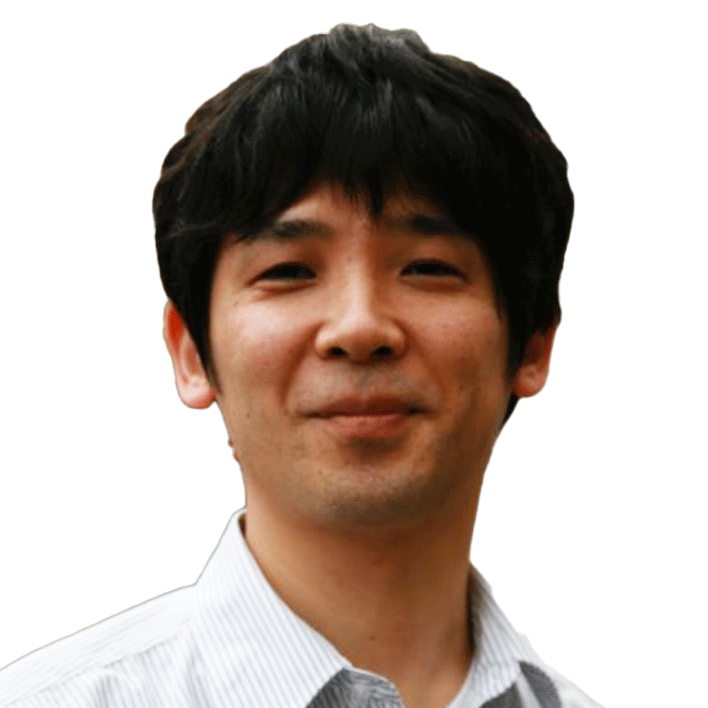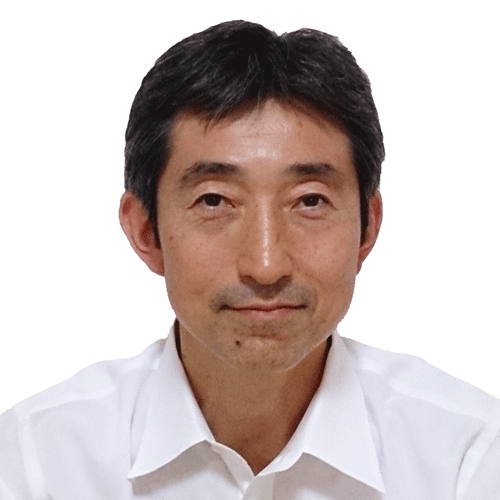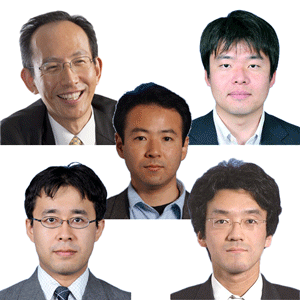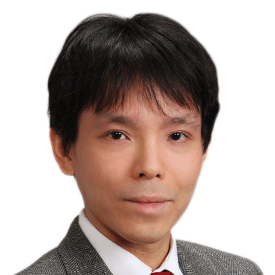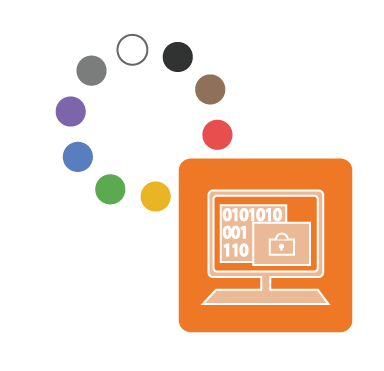
Computing
Creating the computer of the future
To understand the inner workings of computer systems and to design hardware and software with higher performance and reliability. In the information society, this is the driving force to create the future.
What is Computing?
In the Computing Lab, we are creating more reliable computer systems through computational principles, software, and architectural techniques. The mechanics of automatic computation, how it produces answers similar to human thought, and the technology to design high-performance mechanisms based on mathematics are topics of great academic interest on their own, but at the same time, these technologies are currently driving the transformation of society.
The growth of computer systems, which is said to be growing at a rate of one million times per 30 years, is bringing about new technologies such as automated driving, AI and big data, blockchain, and high-capacity media processing, while the miniaturization of computers is enabling IT support to enter everyday spaces such as smartphones, drones, IoT, and robots. The miniaturization of computers is enabling IT support to enter everyday space, such as smartphones, drones, IoT, and robots. At the same time, the reliability of computers, including security measures and continuous operation of data centers, is a prerequisite for social infrastructure.
In order to meet this challenge, the Computing Laboratory is conducting research to achieve quantitative growth of computer systems or qualitative innovation based on new principles. Our research topics include performance analysis technology for supercomputers, development of high-performance processors with unique instruction sets, information thermodynamics, data-driven methods for analyzing physical phenomena through machine learning, secure computation running on blockchain, and new principle computers such as quantum computers and digital annealers. There is a wide range of research topics.
There is a worldwide need for experts who know the inner workings of computers. As a result, there is a need for people who can understand the architecture and create high-quality software, as well as people who can design the right LSI chip for the right application. Graduates who have studied in this field are active in the world's top hardware and software development sites.

